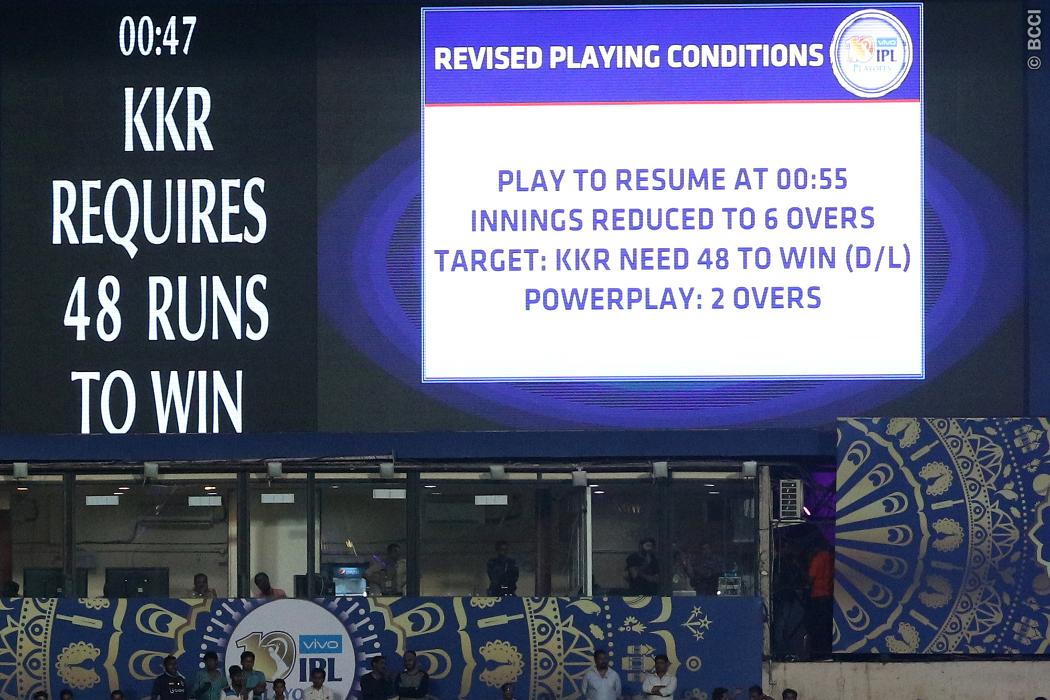Stephen Fleming advocates adding "wicket pressure" to Duckworth-Lewis method
Stephen Fleming has questioned the use of the Duckworth-Lewis method in T20s stating that the chasing team gets a huge advantage in the shortest format of the game. To solve the problem, the Kiwi sided with the popular opinion of reducing the number of wickets for the team batting second.

After the fiasco that was the first eliminator of the IPL, the "ever-reliable" Duckworth-Lewis method has come under heavy criticism with a huge chunk of the cricket-watching world questioning its relevance in T20 cricket. Stephen Fleming has become the latest in a long list of people to weigh in on the controversial issue.
"The D/L method is satisfactory for 100 overs, but in a 40-over game, it simply
The glaring problems with the system came under the scanner in the game between Kolkata Knight Riders and Sunrisers Hyderabad with the former getting a revised target of 48 in six overs, which is a well under par total in T20s. With all 10 wickets in hand, KKR came out swinging and even though they lost three wickets in the first two overs, SRH were never truly in the game. Fleming strongly suggested the use of "wicket pressure" where in the team batting second would have to attempt the chase with a lower number of wickets.
"In a situation like Wednesday night, even though there has been a small increase in runs required and there's pressure on the team batting second owing to a reduction in the number of overs, they still have all wickets in hand which means they can play without risk. Even losing three wickets in approximately one over doesn't really hamper them; they know they can just keep going because they have plenty of batting resources to fall back on," Fleming added.
"The whole scenario just isn't ideal and definitely needs a bit of tweaking. One of the ideas floating around is to introduce 'wicket pressure', so if you have a small chase, then you also have fewer wickets to play with. In effect, that means you only have five wickets, for example, for a six-over chase."
One more talking point that emerged from the game was the timing problem in the IPL. After the Sunrisers played out their allotted 20 overs scoring 128, the Knight Riders and the fans had to endure a delay of nearly three hours. The match eventually finished at 1.27 am on the following day due to the lack of a reserve day in the IPL. Indian Premier League chairman, Rajiv Shukla addressed the problem stating that the board would try to come up with a viable solution after "weighing all the options".
"The late-night finishes are a concern. Shah Rukh [Khan, the KKR franchise co-owner] has tweeted about the option of a reserve day. We will weigh all options and the IPL governing council will look into it," Shukla said.

Comments
Sign up or log in to your account to leave comments and reactions
0 Comments